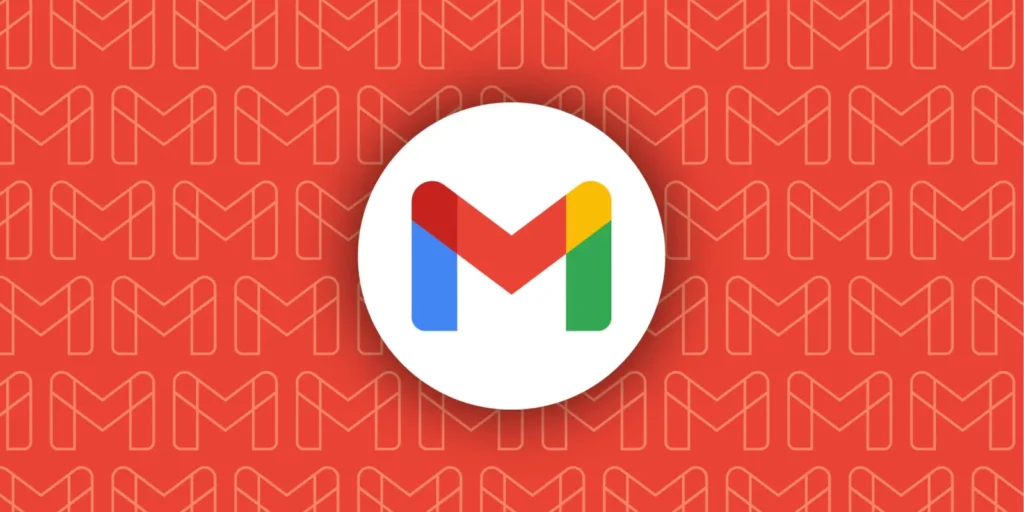The Lowdown On Digital Virtual Connections

More and more people are looking to the digital world to provide them with personal connections. According to CBS News, huge numbers of consumers are flocking to AI bots for both romantic and platonic relationships, with a select few companies seeing huge growth in user base numbers. In an age where society is more connected than ever, due to the internet, but perhaps feeling more lonely and isolated, due to remote working and the increasing digitisation of services, it’s little wonder. With so many options coming onto the market, it’s useful to know how capable these services are, and what they might offer.
Considering romance
AI services that replicate relationships were perhaps some of the first on the market, and, today, they allow personalization on previously unknown levels. While an AI girlfriend is not a new thing, with such services being around since 2010 – and the first AI powered girlfriends hitting the web around 2017 – it’s only recently that they’ve started to become so customizable. What, precisely, are these services actually capable of, though? AI relies on the quality of the data it can analyse to structure its models. As time goes on, these models are refined by programmers, and the quality of the output is down to how much innovation they have put in, and how much data they have available to analyse. As one Lifehacker review notes, using the most well-known AI, Chat-GPT4, for an AI girlfriend, is bound by their content restrictions. Other services can provide more in-depth experiences. This includes images, and some of the most advanced AI bots have high quality image generation models that can help to personalise the style of the partner. In short, these services are capable of a lot, and will only improve as time goes on.
Building a friendship
Other AI models offer services that focus on building friendships. These can offer advice, or simply be someone to talk to about life and provide kinship. Interestingly, research has shown that these bots are quite capable at offering a personalised experience to match the requirements of the user. One Human Communication Research journal, from 2022, outlined this positive feedback effect as it concerned a sample of bots and their ability to analyse and react to input from the user.
Warning signs
While these are undoubtedly helpful bots that can help to provide companionship during lonely times, it’s crucial to consider the privacy risks associated with AI as a whole. As the UK’s National Cyber Security Centre highlights, the symbiotic manner in which AI tools work – they both respond to input, and use that data to train themselves – raises privacy questions over the usage of that data. Users should make sure they properly scrutinise the privacy policies of any service they use, and know where their data will be deployed.
That point largely comes down to good online hygiene – and is crucial to using the web in the modern day. If users can be assured of their data privacy, then a healthy attitude towards what AI can offer, and realistic expectations of what it can’t, then they can put AI to good use in their own social life.










































































































































































































































































































































































































































































































































































































































































































































































































































































































































































































































































































































































































































































































































































































































































































































































































































































































































































































































































































































































































































































































































































